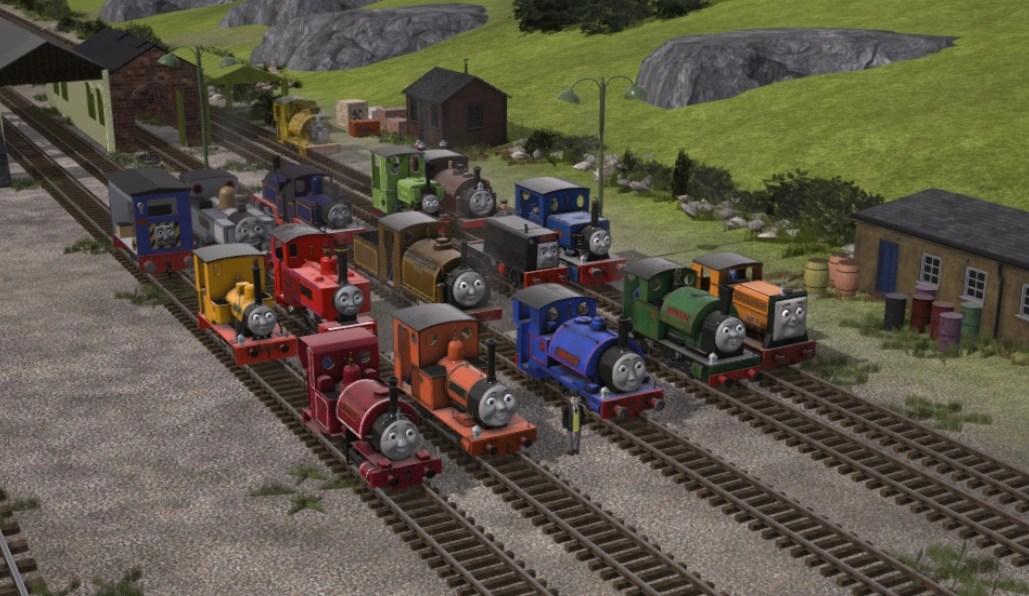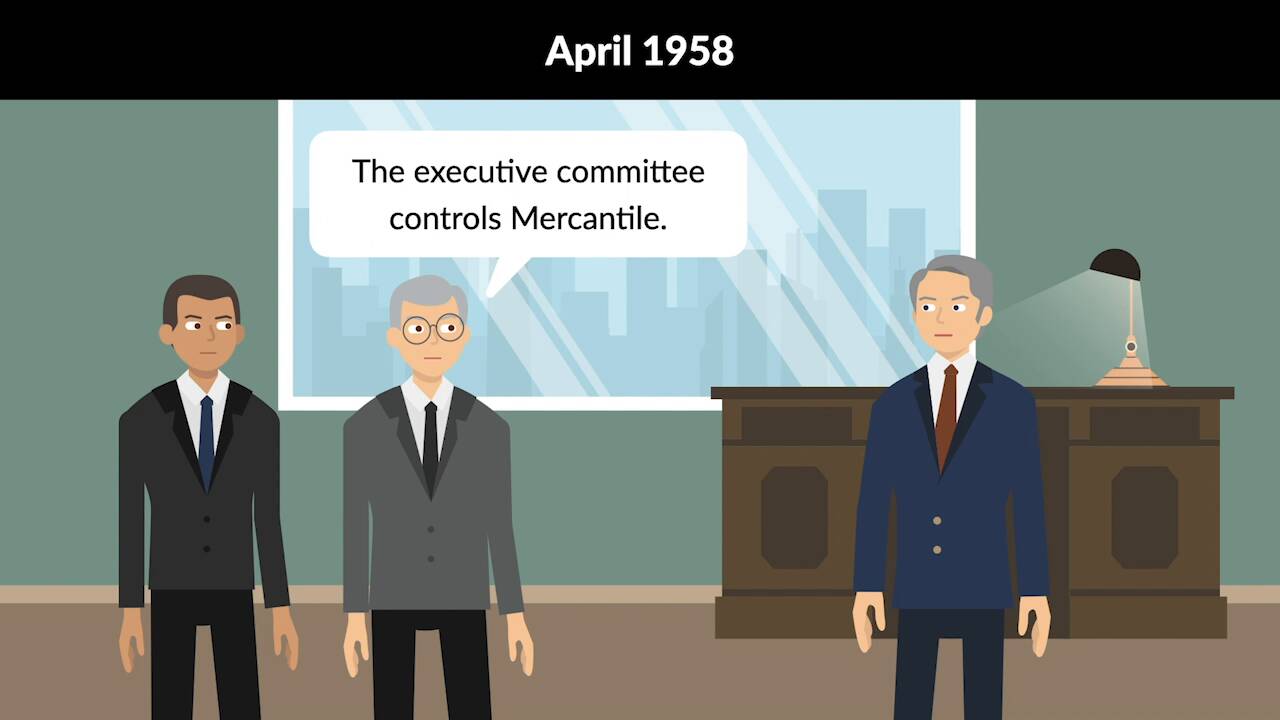Jennings v. Pittsburgh Mercantile Co., a seminal case in American labor law, established important legal principles that continue to shape the relationship between employers and employees. This case, decided by the Supreme Court in 1893, addressed the legality of labor unions and the right of workers to organize and bargain collectively.
The case arose from a dispute between the Pittsburgh Mercantile Co. and its employees, who had formed a union to represent their interests. The company refused to recognize the union or negotiate with its representatives, leading to a strike by the workers.
The company then sued the union, alleging that it was engaged in an illegal conspiracy to restrain trade.
Case Summary

The Jennings v. Pittsburgh Mercantile Co. case, decided by the Pennsylvania Supreme Court in 1891, established the “fellow-servant rule,” a legal doctrine that exempted employers from liability for injuries sustained by employees due to the negligence of their co-workers.
In this case, an employee named Jennings was injured while working in a warehouse when a fellow employee negligently dropped a heavy object on his foot. Jennings sued the company, but the court ruled in favor of the company, holding that the fellow-servant rule barred Jennings from recovering damages.
Legal Principles
The fellow-servant rule, established in Jennings v. Pittsburgh Mercantile Co., held that employers were not liable for injuries caused by the negligence of co-workers.
This rule was based on the principle that employees assumed the risk of injury from the negligence of their fellow servants when they accepted employment.
The fellow-servant rule was eventually overturned in most jurisdictions, but it remains a significant precedent in the development of labor law.
Historical Context
The Jennings v. Pittsburgh Mercantile Co. case arose during a period of rapid industrialization in the United States.
At the time, employers had significant power over their employees, and workers had few legal protections.
The fellow-servant rule reflected the prevailing legal and social attitudes of the time, which favored employers and limited the rights of employees.
Comparative Analysis: Jennings V. Pittsburgh Mercantile Co

The fellow-servant rule established in Jennings v. Pittsburgh Mercantile Co. is similar to the doctrine of contributory negligence, which holds that an injured party cannot recover damages if their own negligence contributed to their injury.
However, the fellow-servant rule is more limited than contributory negligence, as it applies only to injuries caused by the negligence of co-workers.
The fellow-servant rule has been overturned in most jurisdictions, while the doctrine of contributory negligence remains in effect in some states.
Contemporary Relevance

The Jennings v. Pittsburgh Mercantile Co. case continues to be cited in modern labor law cases, although the fellow-servant rule has been overturned in most jurisdictions.
The case is significant because it established the principle that employers are not liable for injuries caused by the negligence of co-workers.
This principle has been modified in most jurisdictions, but it remains a limitation on the liability of employers.
Helpful Answers
What was the significance of the Jennings v. Pittsburgh Mercantile Co. case?
The case established the legality of labor unions and the right of workers to organize and bargain collectively.
What were the key issues in the case?
The key issues were the legality of labor unions and the right of workers to strike.
What was the court’s decision?
The court ruled that labor unions were legal and that workers had the right to strike.